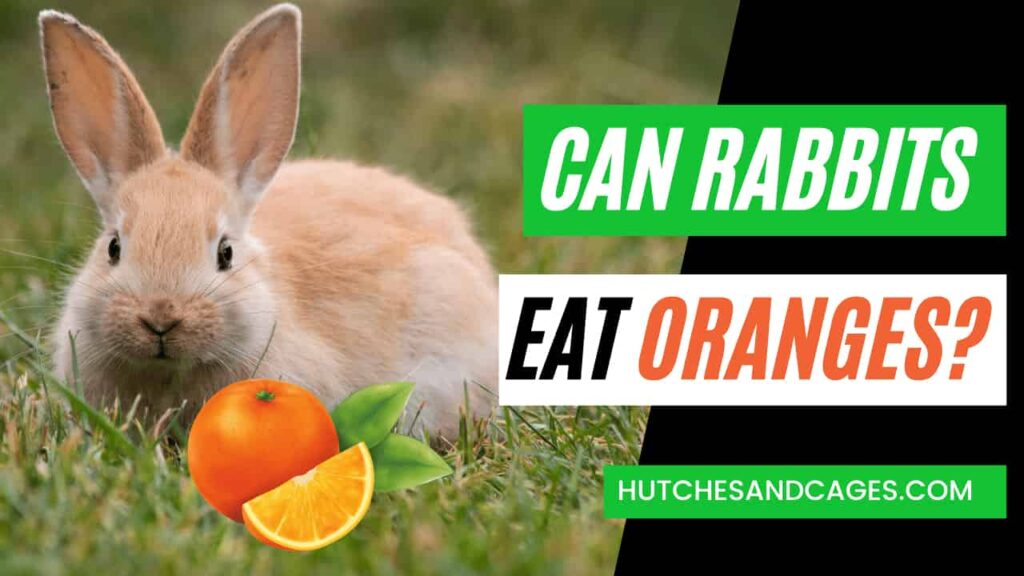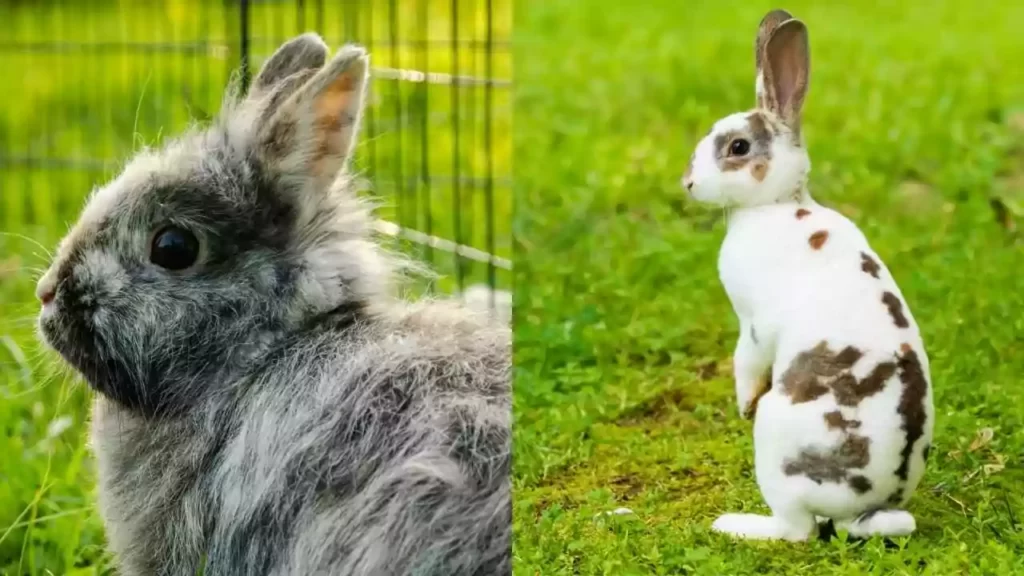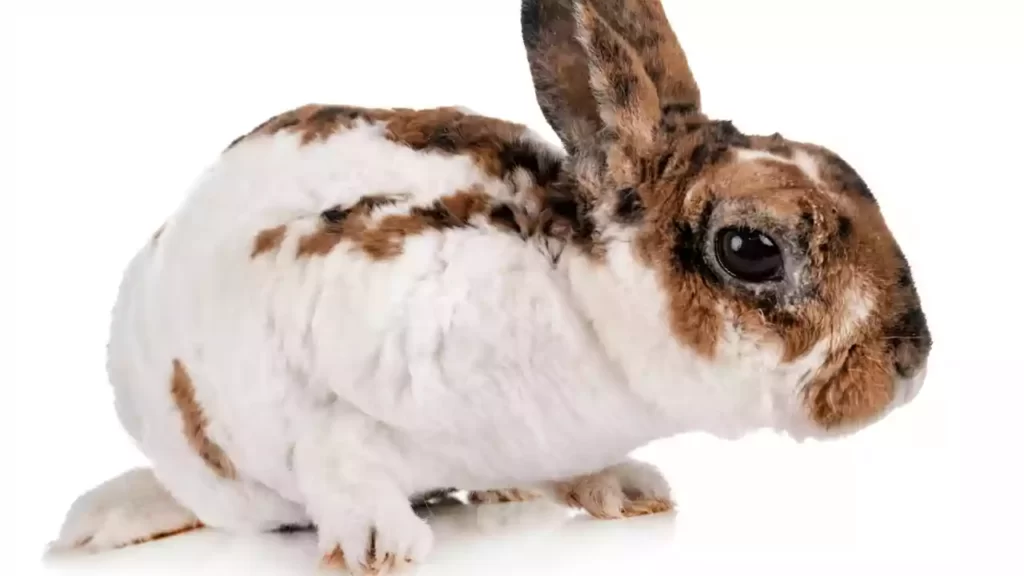Rabbits are the best pets for children as well as for adults.
If you also own a rabbit ????, you must be concerned with your small family member’s health and well-being.
You might have many questions related to his diet, and among the most common will be, can rabbits eat oranges? ????
Yes, Absolutely! Like many other fruits and veggies, oranges are also safe for rabbit’s health.
Before feeding oranges ???? to a rabbit, you need to find out what nutrients are present in oranges required to be considered.
Let’s find out! ????
Can Rabbits Eat Oranges?

Like other fruits and veggies, oranges are safe for rabbits, and they can quickly eat them. Orange is one of the most popular citrus fruit with several health benefits. It contains a lot of acids, that’s why it must be fed in small portions.
Oranges are healthy for rabbits, and they provide the essential minerals and vitamins.
Health Benefits of Oranges
Oranges provide the following benefits to rabbit’s health:
- Oranges contain vitamin C that strengthens the rabbit’s immune system
- Beta-carotene present in oranges lowers the blood pressure and enhances the skin and coat
- Several vitamins, including Vitamin B6 and vitamin B12, contribute to rabbit’s body metabolism
- Calcium, magnesium, and potassium in oranges strengthen nerves, joints, and bones
If rabbits don’t get enough vitamin C, it could lead to several health-related issues. Oranges are a powerhouse of Vitamin C, it provides all the nutrients to rabbits essential for its health.
Can Rabbits Eat Orange Peels?
There is a huge debate that rabbits can eat orange peels or not. As discussed that rabbits can eat an orange but only as an occasional treat. But can rabbits also eat orange peels? Or just the orange fruit is safe for your little pet?
On this question, there are different opinions.
Some veterinarians say that you can feed orange peels to rabbits because of their nutritional content, while others say that orange peels are not safe because of the pesticides. The pesticides used in growing oranges can stay on orange peels that could be harmful to rabbits.
However, orange peels contain obiletin, flavonoids, and anti-inflammatory properties that fight against free radicals in the rabbit’s body.
Moreover, research has shown that orange peels act as potent to lower LDL cholesterol (bad cholesterol) without side effects.
Can Rabbits Eat Orange Seeds?
Orange seeds are not healthy for rabbits as they are big and slippery, and they are choking hazards. Before giving orange to your rabbit, always remove the seeds first by squeezing the orange slice until the seeds pop out.
Can Rabbits Eat Orange Peppers?
This question is the most common question that a rabbit owner asks.
Can rabbits eat orange peppers? Yes, rabbits can eat orange peppers. These peppers are sweet, and they do not contain any excessive sugar content or extra calories. And your little pet will also love its taste.
Can Rabbits Eat Orange Leaves?
Rabbits can eat an orange as an occasional treat, but what about orange leaves? Can rabbits eat orange leaves too? Are orange leaves safe to feed rabbits?
Yes, you can feed orange leaves to rabbits until and unless they are not covered with pesticides. Don’t feed orange leaves to rabbits if they are covered with pesticides.
Can Rabbits Eat Orange Tree Branches?
Just like orange leaves, orange tree branches are also safe for rabbits until and unless they don’t have any pesticides. Always make sure to wash the branches before feeding them to your little rabbit.
What foods can Rabbits not eat?
Rabbits are herbivores, but what foods are safe for them and what are not? There are numerous things that rabbits can’t eat, and you should not be feeding that thing to your rabbit.
Here is a list of foods that should be avoided:
Carrots
Rabbits love carrots, but they are high in natural sugars and calcium that is unhealthy for rabbit’s teeth and health.
Feed carrots to your rabbit just as an occasional treat. However, carrot tops are healthy for rabbits, and they love them to eat.
Grains
Grains, pieces of bread, cereal, crackers, and rice – these all things should be avoided. Any food that is high in carbohydrates should not be fed to a rabbit.
Meat and Eggs
Rabbits are herbivores, but you should monitor the diet of your little pet. Don’t feed meat and eggs to your little rabbit. Any dairy product should be avoided.
Junk Food
Junk food like cookies, pizzas, chips, all these things are not healthy for your little rabbit, just like human beings.
Junk food is high in sugar content and artificial ingredients that can cause several health issues for rabbits.
Health problems like digestive issues and overgrowth of bacteria in rabbit’s gut are caused by junk foods.
Moreover, chocolates are poisonous to rabbits. Even they like the sweet taste of chocolate, but it is not healthy.
Nuts
Nuts and any product containing nuts are not unhealthy for your rabbit, but these nuts are high in fats that could upset the rabbit’s stomach.
Additionally, nuts don’t offer any nutritional value to a rabbit’s health.
Final Thoughts
A good diet can increase your rabbit’s life span and keeps it healthy. Rabbits can safely eat oranges but in moderation. Orange is a juicy fruit that gives your little pet several health benefits, but these must not be overfed.
Oranges aid in digestion as they contain a large amount of pectin that is a soluble fiber that aids in digestion quickly.
Feeding oranges to your rabbit also boost its immune system because vitamin C in this fruit is the perfect component to increase the rabbit’s immune system.
Moreover, oranges have potassium, calcium, magnesium, and Vitamins B6 and B12 favorable for rabbit’s metabolism. Considering all the benefits of oranges, rabbits can eat oranges but again only in a small amount of moderation to avoid complexity.
SmallPetsX.Com does not provide veterinary advice. Our aim to help small pet owners understand their pets a little better so that they can provide their pets with the life they deserve. All content is therefore for informational purposes only. If you're concerned about the health of your pet you should seek medical advice from a vet.




